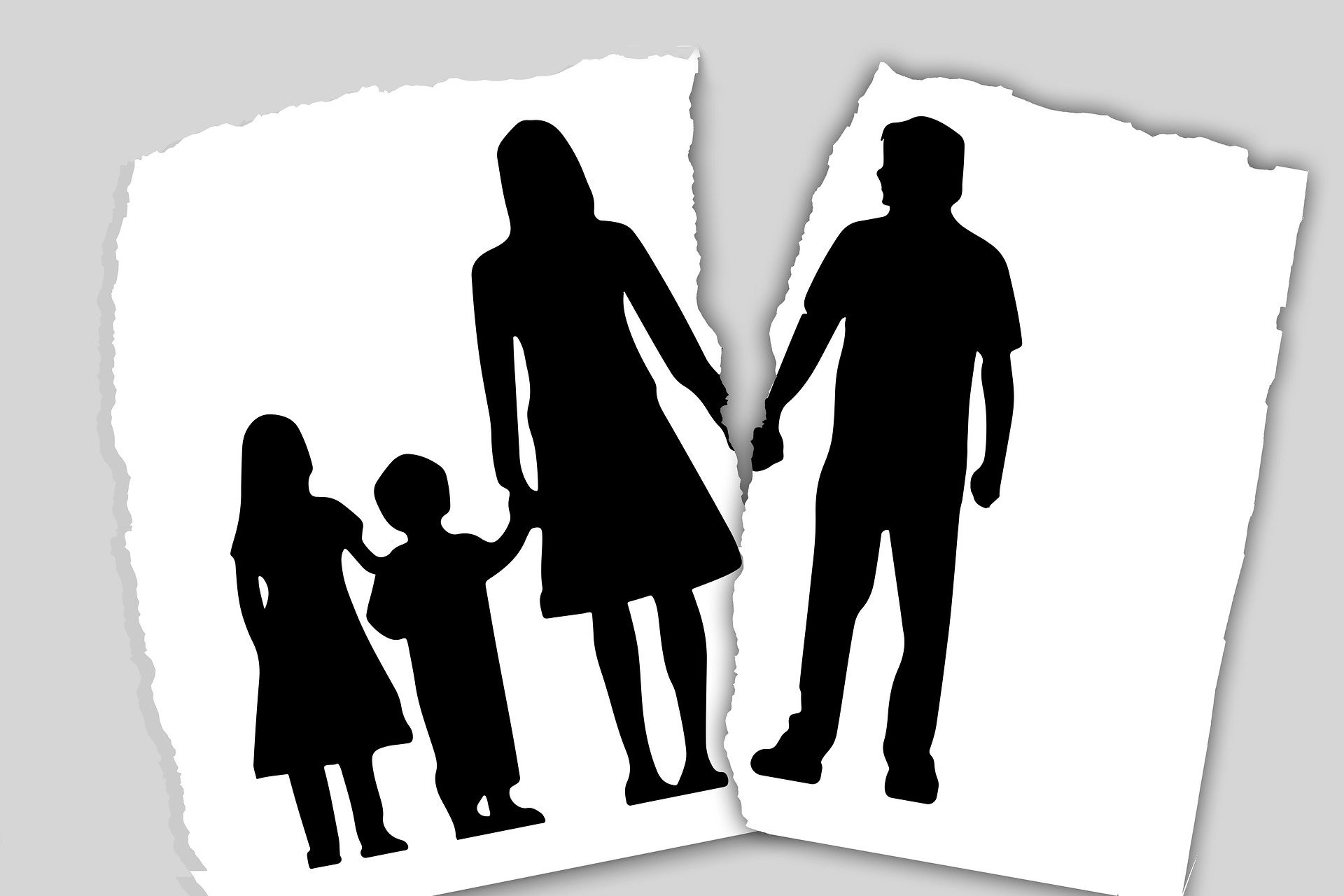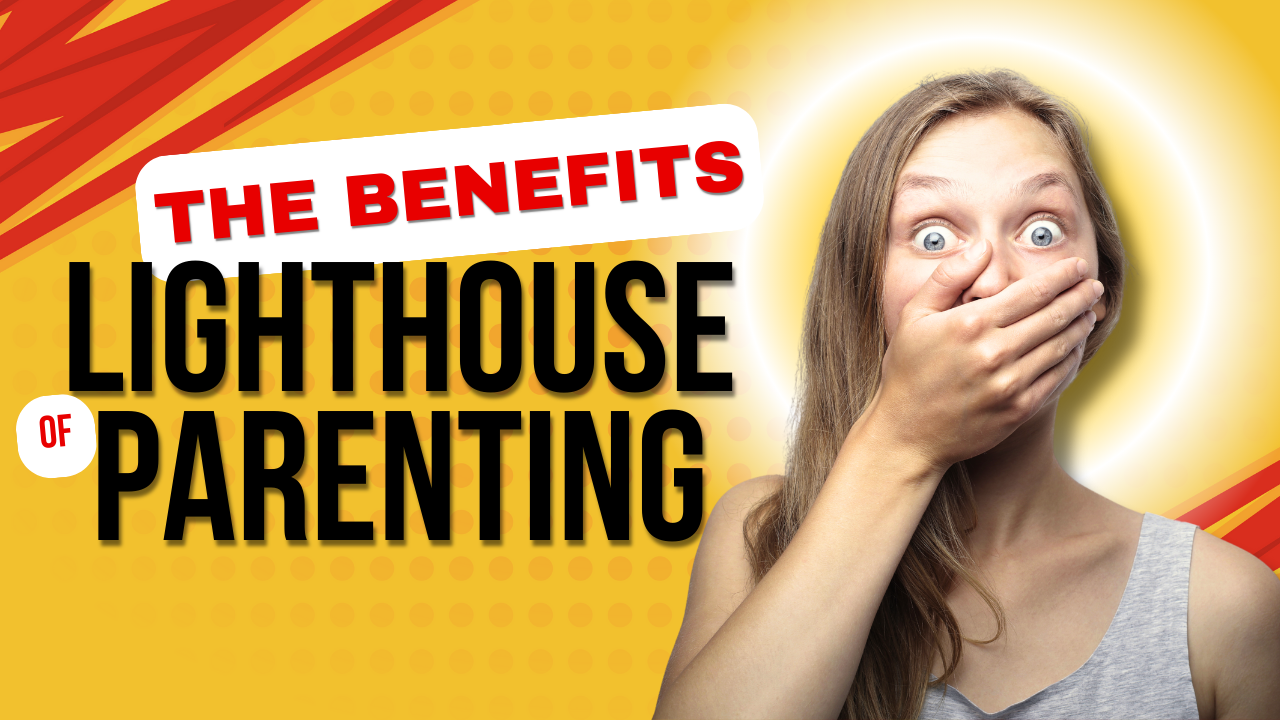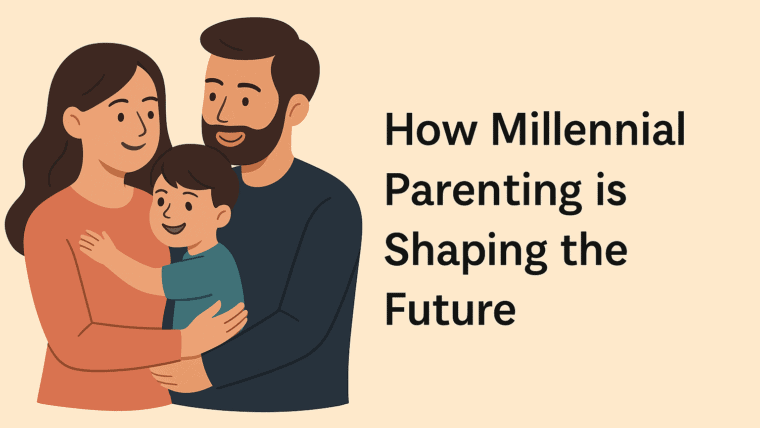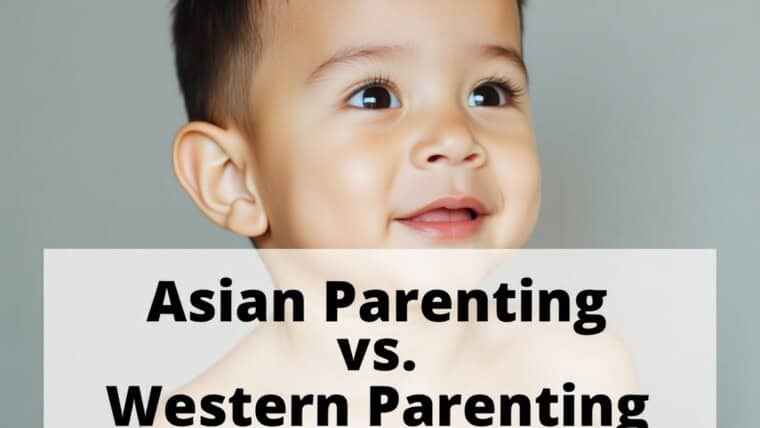Parenting is one of the biggest influences on children. Its effects often go unnoticed by many adults. Parents who want to be their best can sometimes use poor methods. Neglect, harsh discipline, and emotional distance can cause serious harm.
Bad parental influences can affect a person long after childhood. They impact emotional health, social behavior, and mental fitness throughout life.
This article explains how bad parenting affects children. It uses real examples to show the damage caused.
Low self-esteem and self-worth
Kids with critical parents who also neglect or ignore them often feel they do not measure up. Poor self-esteem can linger and impact adults even after they become independent.
Real-Life Example
Chris spent his early adult years in his thirties. He grew up in a family where his father often disapproved of him. His father often pointed out how he failed to succeed like his siblings. He also criticized him for his failure to complete tasks with precision. Every attempt made by Chris produced an inadequate result for his father. His low self-esteem grew because he thought success and love weren’t for him.
Childhood traumas made him fear new experiences. This fear led him to avoid changes at work and in love. He worried too much about others judging him and his potential to fail. Even with his natural talents, he didn’t succeed. He thought he didn’t have the skills needed to thrive.
Anxiety and Depression
Kids in unstable homes or lacking emotional support often feel anxious and depressed. These children feel insecure because their emotional needs are not met. This feeling can last into adulthood.
Real-Life Example
As a child, Samantha grew up in a home that lacked emotional warmth. Her busy parents were often distracted. So, she looked for the love that was usually missing. Her mother often expressed disapproval whenever she saw her tears. She would say, “You’re being dramatic.” Samantha learned to manage her emotions. As a result, she hid her worries, fears, and sadness in her body. She experiences severe anxiety throughout her adult life. She feels constant tension from a condition that prevents her from calming down.
Her college depression started when she felt unqualified compared to her classmates and teachers. To outsiders, her life looked perfect. But inside, she felt empty. It was like carrying a heavy burden with every step she took. Her inner conflict carried into her adult relationships. She struggled to express her needs and often felt guilty.
Emotional Dysregulation (Difficulty Managing Emotions)
Kids in homes that control emotions often find it hard to manage their feelings. This experience can lead to strong emotional reactions or total detachment from stress.
Real-Life Example
The mid-20s female Lily grew up under her distant mother and demanding father. Her father would notice her mistakes. Then, he would hurl verbal abuse and call her “useless.” Her mother stood by, offering no comfort. Emotional neglect made Lily hide her feelings. She never learned how to express her frustration, sadness, or anger. Lily dealt with excessive trouble controlling her feelings when she became an adult.
She often showed sudden anger over small relationship issues. This left her partners confused and hurt. Work stress made her shut down emotionally. She avoided conflict and felt very overwhelmed. Lily struggled with her emotions. This made it hard for her to build lasting relationships, both at work and in her personal life.
Poor social skills and trust issues
Lack of good parenting holds back kids’ social skills. This makes it hard for them to form healthy relationships. The experience creates trust problems, which make maintaining relationships challenging for such individuals.
Real-Life Example
David, now forty, had a protective mother. She limited his social interactions with other children during his childhood. The mother decided to limit social contact. She wanted to keep her son safe from harm or bullying. As David grew older, he struggled more with trusting others. David faced roadblocks in forming meaningful connections. He believed that people would hurt him in the future, so he restrained himself. He found workplace interactions tough. He kept to himself and avoided group activities.
He only felt comfortable within his own boundaries. David never learned social skills and struggled to trust others. This led to his isolation, harming both his emotions and career growth. His mother wanted to be loving, but her protection made him unsure of social situations.
Behavioural Problems and Academic Struggles
Bad parenting often leads to behavioral problems or struggles in school. Kids in these situations often struggle in school. This can cause them to act out in class to regain control.
Real-Life Example
The parents of Anna failed to establish any house rules. Her family’s situation led to a parenting style with no rules and no emotional or parental support. Anna had problems in school. She misbehaved often to get attention. She often skipped classes. Then, she disturbed teachers to get attention for her misbehavior.
Her parents failed to say anything until her actions became too unacceptable. As an adult, Anna struggled to stay focused. This made her change jobs often and kept her from having a stable career. The fact that no one taught her any lifelong success skills during her childhood led to her failure in life.
Long-Term Consequences and the Cycle of Bad Parenting
Dysfunctional parenting leaves lasting effects. These consequences don’t disappear when children grow up. Instead, they affect the lives of both the children and their grandchildren. Dysfunctional homes lead children to repeat the same unhealthy patterns. Later, they pass these patterns to their own kids without even realizing it.
Real-Life Example
Mark grew up in his 30s in a living environment that was emotionally distant. Mark grew up without his dad around. His mom also had a distant personality. During adulthood, Mark experienced problems expressing feelings of love toward his romantic partners. His fear of rejection made him stay emotionally distant from his partner. Mark’s marriage ended because he did not show love.
He also feared that others would leave him. Mark realized that his habit of feeling disconnected came from watching his parents. He sought therapy to change this pattern. In therapy, he learned that his tough childhood didn’t have to shape his adult relationships. Instead, better communication helped him build strong, caring connections.
Healing from Bad Parenting
The right treatment can heal the effects of bad parenting. To heal from emotional damage caused by their upbringing, people need therapy. They should also build support networks and learn to assess their own behaviors. People can succeed in moving away from bad parenting by working hard and being patient. Understanding childhood emotional wounds represents the foundational part of healing work.
Conclusion
The impact on a person’s mental health from inadequate parenting continues indefinitely. Social problems develop from low self-esteem together with anxiety and unstable emotional states. Bad parenting causes many serious effects that spread far and wide. The lasting effects of such conditions do not need to determine who you will become.
Those who faced bad parenting can heal through awareness and support. People will feel more fulfilled. They will also improve family well-being by seeking better health and happiness.







